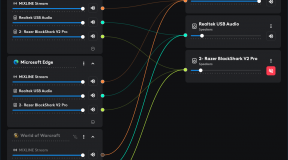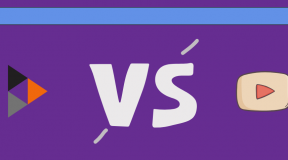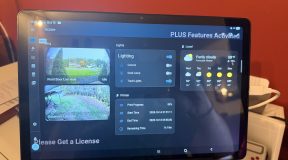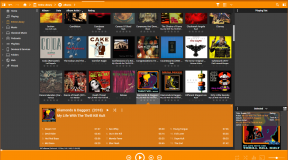This march backwards in time is proving to be quite the headache.
First, I realized that of the MP3 files I have that I ripped from the CDs that I still currently have, not all of the albums have all of the tracks. This could be easily remedied, of course, by just re-ripping the CDs.

But part of being so technology-focused is that sometimes, old tech doesn’t get retired the way it should to, like, you know…clean out the closets. I happened to have my daughter’s very first laptop, a Toshiba Satellite i3, which does have a CD-ROM drive, but it also has a decidedly 2010 air of importance about it in that ripping one CD took almost an hour. Part of the slowdown was because I was using some special software suggested by a friend, but I can’t ignore the fact that the time taken to get the laptop up and running, for it to freak out since it hadn’t been started in over half a decade and needed to contact the Mothership for instructions, and then to wait for all of the windows and menus to get their asses in gear played a mighty part in the time spent on this project.
I did try ripping with Winamp first, but ran into an obsolescence issue. Back in My Day, Winamp called out to a service called CDDB (né, Gracenote) which was the source for identifying CDs and tracks in the early 90’s. Of course, Capitalism abhors an unmonetized resource, and when CDDB/Gracenote was eventually bought by Sony, it started its descent into a for-profit enterprise, taking it out of contention for Winamp’s ripping identification services. As far as I can tell, Winamp no longer has a native service to ID CDs, but there might be a plugin out there that will connect some other service, if any exist.

Needless to say, Winamp’s rips had no metadata on them. I found an open source app called One Tagger which doesn’t rip, but does submit data to a host of different services in a bid to identify the tracks. Interestingly, Spotify and iTunes are options for identification sources, but I don’t know how that works. In fact, I couldn’t get any of them to work reliably except for iTunes, which allowed me to send the tracks through Shazam first.

In truth Exact Audio Copy (EAC) does a great job of identifying tracks before a rip, but it’s a very convoluted app that takes a while to set up to work properly. It’s what I did use on the Toshiba, and what I might use on my desktop here once my portable DVD ROM drive arrives (I can’t believe I had to buy one of those in 2025), but I still had some tracks which On Tagger found, but whose file names were still sitting as “Track 1”, “Track 2”, and so on. [Note: I JUST realized that One Tagger has an “auto rename” feature, so this next part is kind of moot, I guess, assuming One Tagger successfully IDs tracks].
I had a dream last night — I am 100% serious — that I asked CoPilot to provide me with a Powershell script to read metadata from MP3 files, and to use that data to rebrand files which had generic file names. When I woke, I was surprised to have had such a lucid idea, and when I sat down at the PC this morning, it turned out to be a pretty damn good idea.

After a little back and forth, I had a utility which allowed me to navigate to a folder of MP3s and rename the files using metadata. I included the options to perform a dry run (outputs the changes but doesn’t actually do the renaming) and include subfolders (for maximum normalization). There’s also a button to revert the last renaming operation, as this utility writes a log of the previous and new names which can be used to roll things back. It works as advertised, and I’m pretty happy with it, should I eventually need this kind of utility.
I swept through the script and I understand what it’s doing, but this is a case where I had an idea — use Powershell — but not the skill — Powershell — and didn’t have the time — time — or inclination right now — derp — to start learning how to really use Powershell. Was this lazy? Yes. Was it effective? Absolutely. Do I have a desire to dive into the world of Powershell now? No, because this was a one-off; some of the requests I made of CoPilot ended up in weird alleyways, like when it asked me download a GitHub project to compile a (legit) DLL to make working with metadata easier, but which only resulted in headaches because I don’t do dotnet development here on this PC any more and didn’t have the support files needed to compile from source (and didn’t feel like pimping the system to make it happen). So in this, I feel that LLMs have done me a solid: my needs fell somewhere between “I could do this myself eventually” and “I don’t really need this for everyday life” and I can’t argue with the results.





